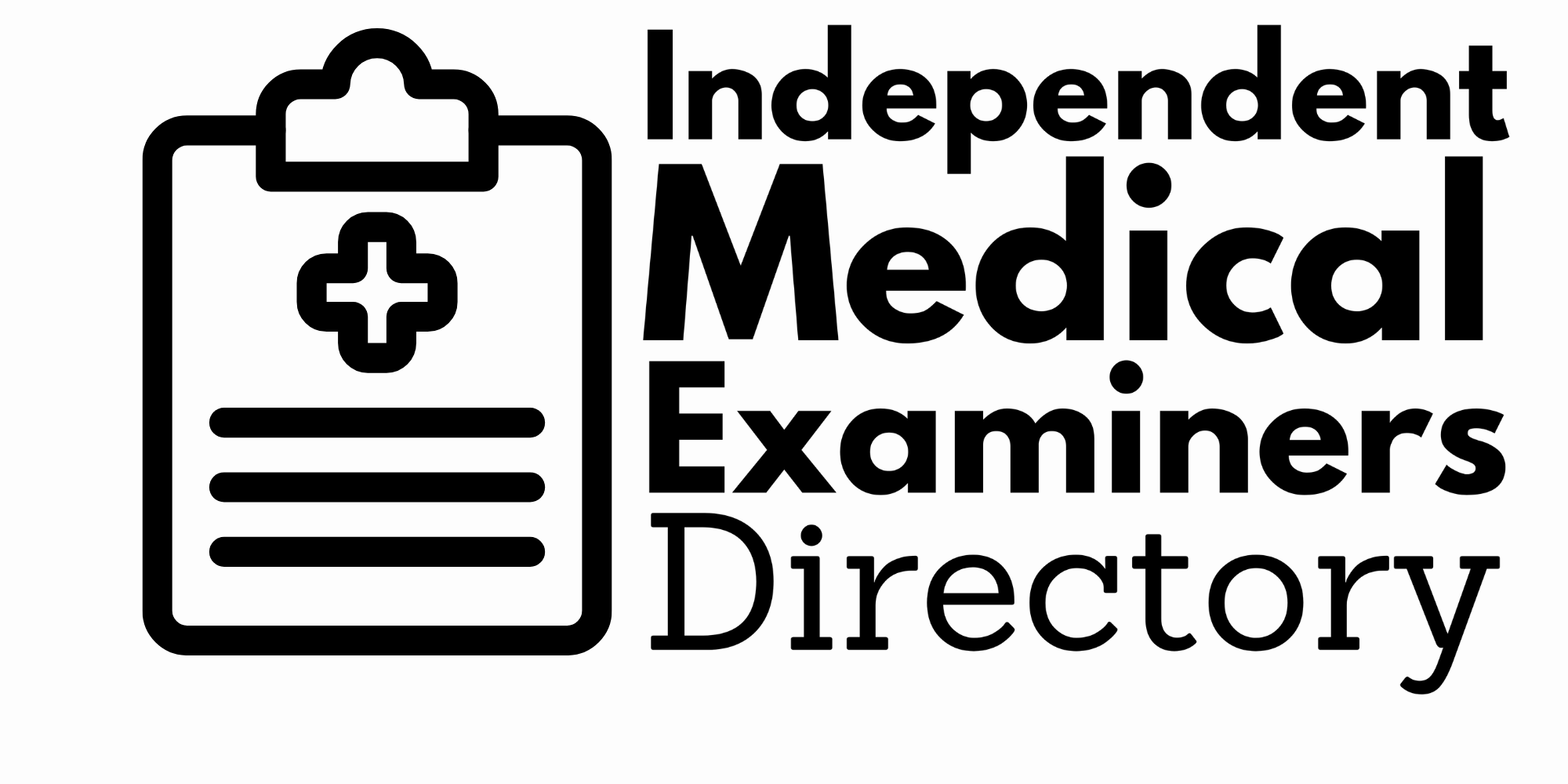An expert report is more than a summary of your opinion—it’s the foundation for your testimony and a key exhibit in the case. For medical expert witnesses, a well‑crafted report can bolster credibility, survive admissibility challenges, and help the fact‑finder understand complex medical issues.
Purpose of an Expert Report
Clarify opinions in writing before testimony.
Support admissibility under Rule 702, Daubert, or Frye.
Provide a roadmap for direct and cross‑examination.
Educate the fact‑finder in plain language.
Core Components
Assignment – What you were asked to do and the questions you’re addressing.
Materials Reviewed – Medical records, imaging, depositions, literature, and any other sources.
Qualifications – Brief summary of relevant credentials.
Methodology – Standards, guidelines, and reasoning process used.
Facts Considered – Objective summary of relevant events and data.
Analysis – How the facts and standards lead to your conclusions.
Opinions – Numbered, concise, and within your expertise.
References – Guidelines, peer‑reviewed articles, and other authoritative sources.
Signature & Date – To authenticate the report.
Best Practices
Write for clarity – Assume your reader has no medical background.
Be consistent – Align with prior statements, testimony, and literature.
Support every opinion – Use citations or clear clinical reasoning.
Stay within scope – Don’t drift into areas outside your expertise.
Use headings and structure – Make it easy to follow.
Common Mistakes to Avoid
Using excessive jargon without explanation.
Copy‑pasting from other reports without adapting.
Providing conclusory statements without supporting detail.
Omitting important materials reviewed.
Introducing new opinions later that weren’t in the report.
Preparing for Challenges
Opposing counsel may:
Question your methodology.
Highlight any inconsistencies with past reports or testimony.
Attack unsupported or vague statements.
Solution: Review your report carefully before deposition or trial and be ready to walk through it step‑by‑step.
Bottom line: A strong expert report is clear, complete, and defensible. It tells the story of your opinion in a way that withstands scrutiny and helps the court understand the medicine behind the case.
